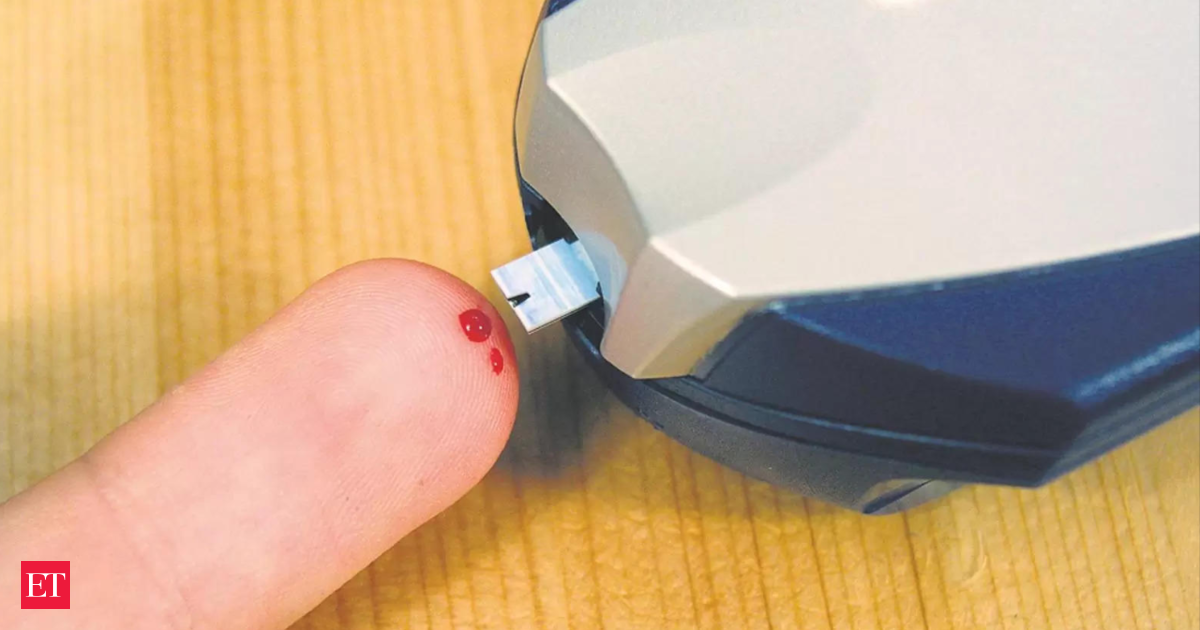Revolutionary Cell Therapy Cures Diabetes Patient in China
In a groundbreaking development, Chinese scientists have successfully cured a diabetes patient using an innovative cell therapy. This remarkable treatment, detailed in the journal Cell Discovery, saw the patient become insulin-free within just three months. This achievement highlights a significant milestone in the field of diabetes treatment.
The patient’s journey to recovery was nothing short of miraculous. After undergoing a cell transplant in July 2021, the patient no longer required external insulin within eleven weeks. Subsequently, he gradually reduced and eventually stopped taking oral medication for blood sugar control. Lead researcher Yin stated that follow-up examinations revealed the effective restoration of the patient’s pancreatic islet function. Now, 33 months later, the patient remains free of insulin.
This breakthrough in cell therapy for diabetes has garnered praise from experts worldwide. Professor Timothy Kieffer from the University of British Columbia commended the study as a crucial advancement in the field. Diabetes, a chronic condition affecting energy conversion in the body, poses severe complications if left untreated. The conventional treatment methods involving insulin injections and constant monitoring can be burdensome for patients.
The innovative approach to cell therapy utilized in this treatment involves programming the patient’s peripheral blood mononuclear cells to create “seed cells” that regenerate pancreatic islet tissue. This cutting-edge technique harnesses the body’s regenerative capabilities, a promising aspect of regenerative medicine.
China, home to the highest number of diabetes patients globally, faces a significant healthcare burden with 140 million affected individuals, 40 million of whom depend on lifelong insulin injections. This new cell therapy has the potential to alleviate this burden significantly. Professor Kieffer emphasized the positive impact of this therapy, highlighting its potential to improve patients’ quality of life, reduce healthcare costs, and eliminate the need for chronic medications. Further studies involving more patients are necessary to validate these promising results and pave the way for a brighter future in diabetes treatment.




